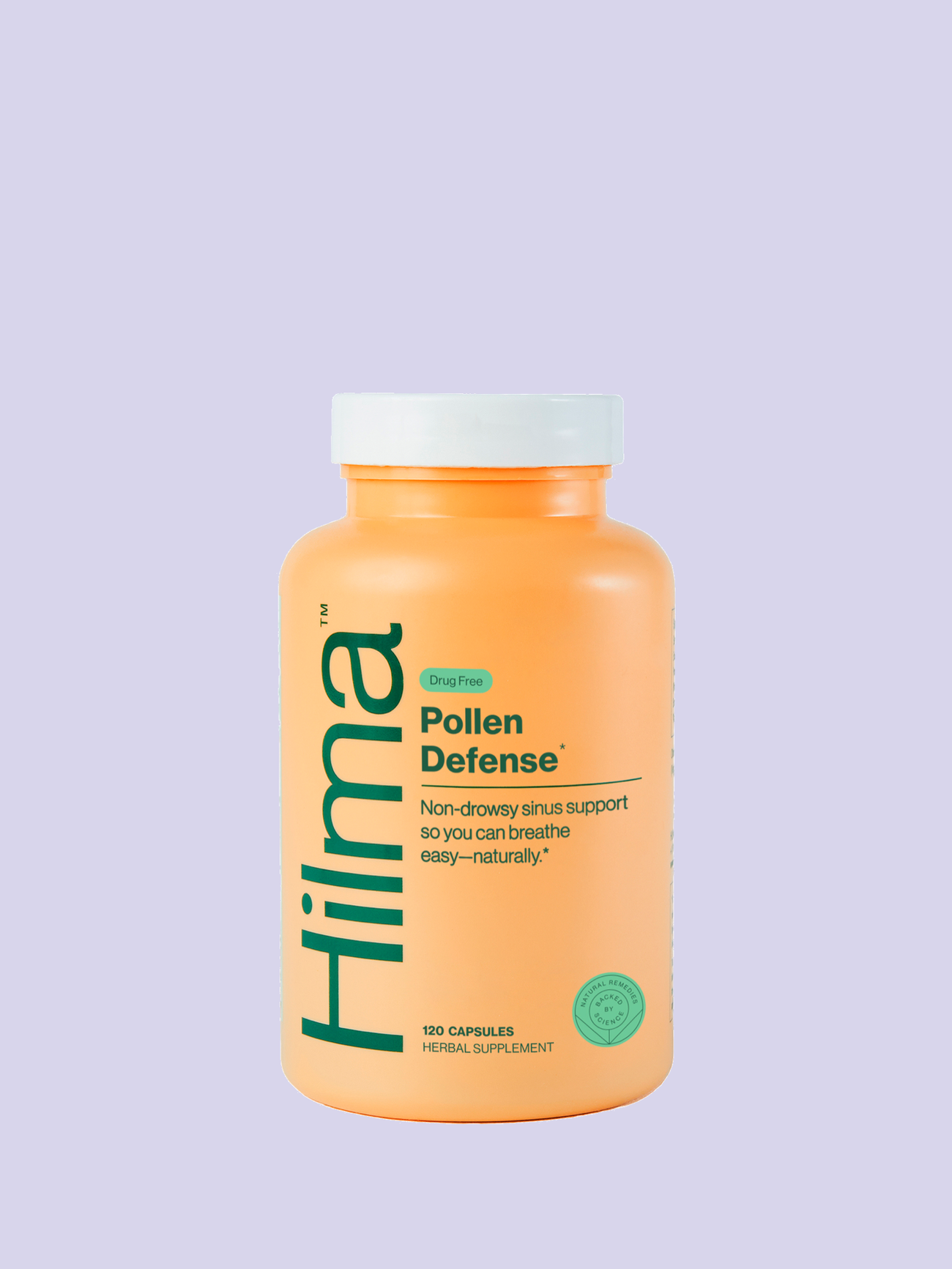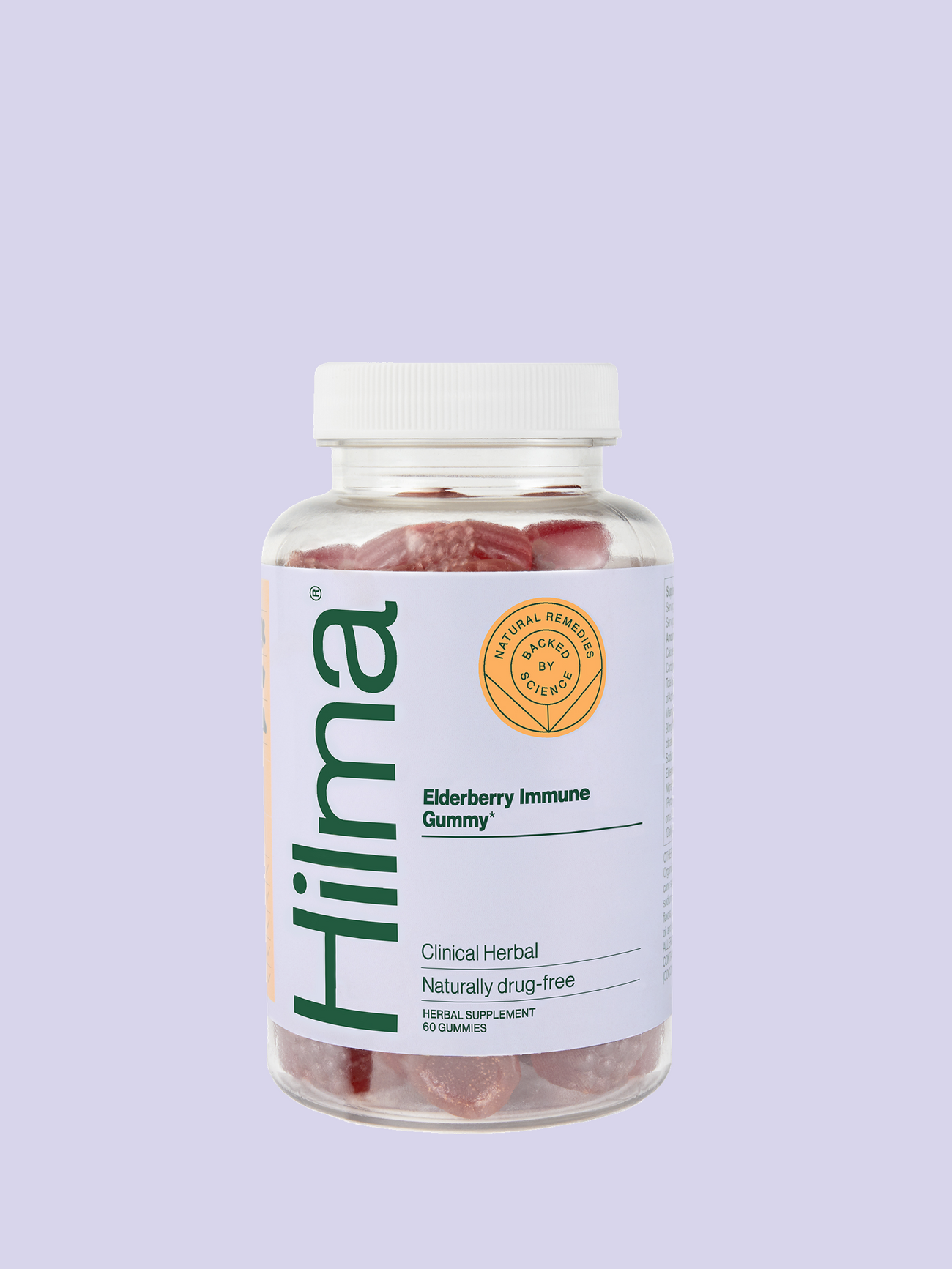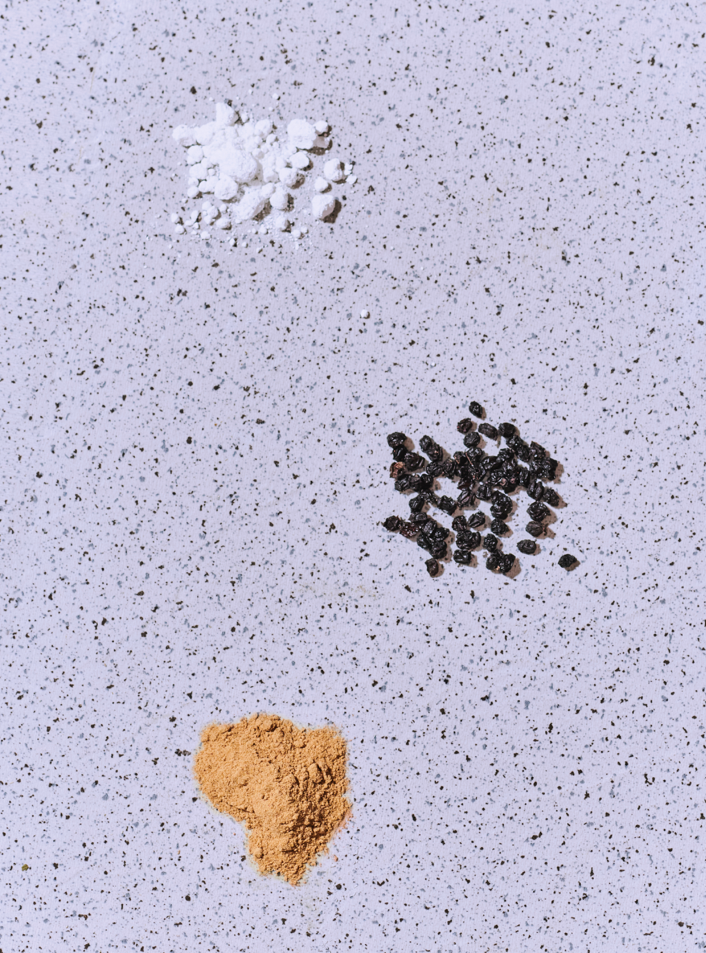
As the winter chill begins to fade, the anticipation of spring's arrival is met with mixed emotions for many individuals who suffer from seasonal allergies. However, with strategic planning and early preparation, the impact of allergy symptoms can be significantly lessened. In this comprehensive post, we will explore the expert advice of healthcare professionals on preparing for allergy season, including stocking up on effective remedies, leveraging technology, and implementing home care measures. Whether through over-the-counter solutions like our Indoor/Outdoor Support or prescription medications, early action and strategic planning are the keys to a more comfortable allergy season experience.
When should you start preparing for allergy season?
The proactive approach to allergy season begins in early winter. For individuals prone to seasonal allergies, healthcare professionals recommend initiating preparations during this time to ensure a seamless transition into spring. As the winter months unfold, consider stocking your medicine bag with the right remedies. Over-the-counter options, such as our Indoor/Outdoor Support, provide a natural and non-drowsy alternative for managing allergy symptoms. These remedies are formulated with four powerful natural ingredients – nettles, butterbur (PA free), spirulina, and tinospora – offering support for healthy sinus passages and defense against pollen and dust.
When should you consult with healthcare professionals?
Beyond over-the-counter remedies, it is essential to check in with your healthcare professional by early March, or even earlier, to discuss and secure any prescription medications you may need. An early consultation allows your doctor to assess your specific allergy triggers, symptoms, and medical history to tailor a treatment plan that suits your individual needs. By taking this proactive step, you ensure that you have the necessary medications on hand before allergy season hits in full force.
Should I download a pollen app?
In the age of technology, staying informed about pollen levels has never been easier. Consider downloading a pollen app on your phone to receive real-time updates on pollen counts in your area. These apps provide valuable insights into the types and concentrations of allergens present, allowing you to plan your outdoor activities accordingly. By staying ahead of the curve, you can minimize exposure during peak pollen times and take precautionary measures to reduce allergic reactions.
What changes can I make to my home to help alleviate allergy symptoms?
Creating a supportive environment within your home is a crucial aspect of allergy season preparation. As the seasons transition, make sure your home's HVAC system is up to date on filters. Regularly cleaning or replacing air filters helps reduce the circulation of allergens indoors, providing a sanctuary from outdoor triggers. Additionally, investing in a clean and functional humidifier for your bedroom can be immensely beneficial. Maintaining proper humidity levels helps keep nasal passages moisturized, preventing allergic congestion and promoting a more restful sleep.
When should I start getting and taking my allergy medication?
One of the cardinal rules for allergy season preparation is to be prepared, not reactive. Ensure that your allergy medications, both over-the-counter and prescription, are easily accessible. Keep a supply of these medications in your medicine bag, at work, and in other frequently visited locations. By having your remedies readily available, you can address symptoms promptly and avoid unnecessary discomfort.
Are allergy action plans personal to each person?
Working in collaboration with your healthcare professional, develop a personalized allergy action plan. This plan should outline your specific triggers, symptoms, and the corresponding medications or remedies. Include details on when and how to take your medications, as well as any additional preventive measures to adopt during peak allergy season. Having a clear and customized strategy empowers you to take control of your allergy symptoms and navigate the season with greater confidence.
What lifestyle adjustments can I make to decrease allergy symptoms?
In addition to medication and home care measures, consider making lifestyle adjustments to further support allergy symptom prevention. Choose outdoor activities wisely, avoiding peak pollen times when possible. Wear sunglasses to protect your eyes, change clothes after spending time outdoors, and shower to remove allergens from your skin and hair. These simple yet effective lifestyle adjustments can complement your overall allergy season strategy.
In conclusion, strategic planning for allergy season is a proactive and comprehensive approach that involves early preparation, consultation with healthcare professionals, leveraging technology, implementing home care measures, and developing a personalized allergy action plan. By taking these steps, individuals can significantly reduce the impact of allergy symptoms and enjoy the changing seasons with greater ease. Whether opting for over-the-counter remedies like our Indoor/Outdoor Support or prescription medications, the key is to be prepared and proactive, ensuring that you have the tools and knowledge to navigate allergy season successfully. Embrace the beauty of spring without the burden of persistent allergy symptoms by incorporating these strategic preparations into your seasonal routine.




